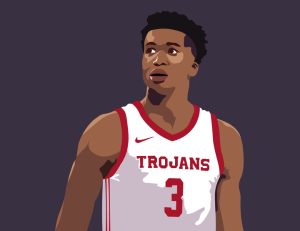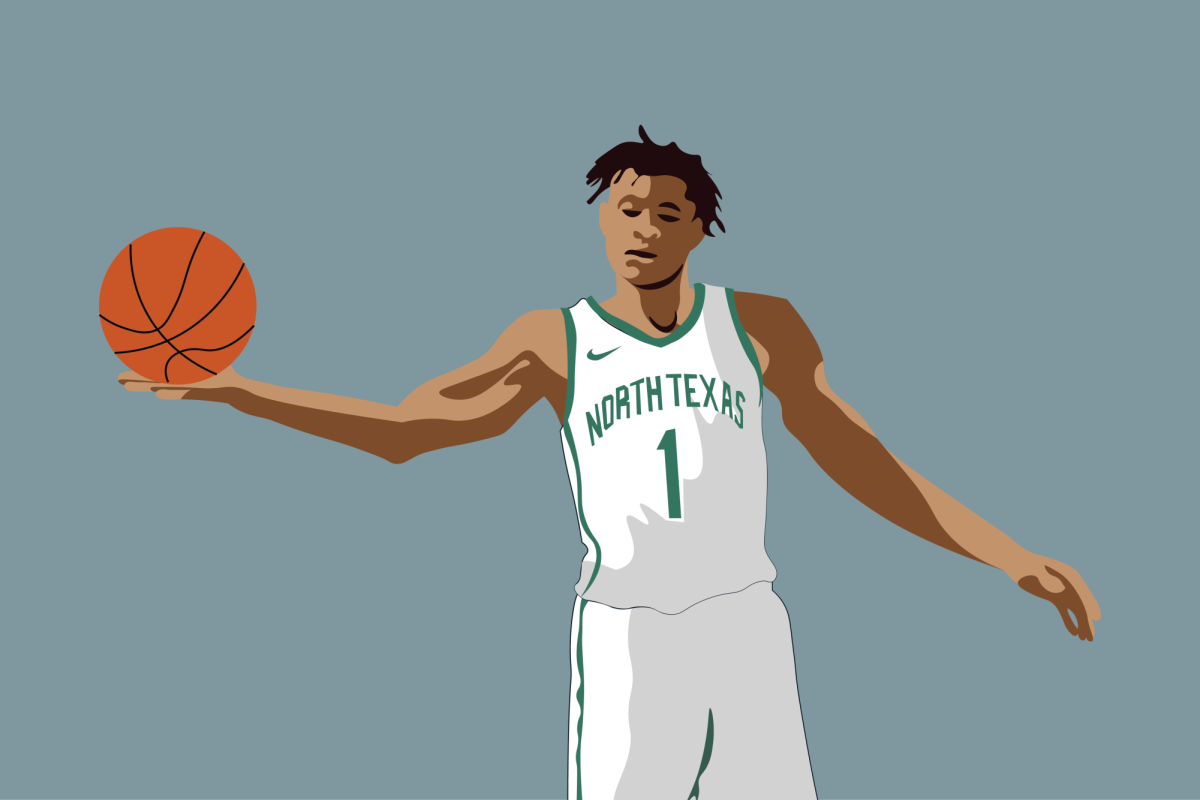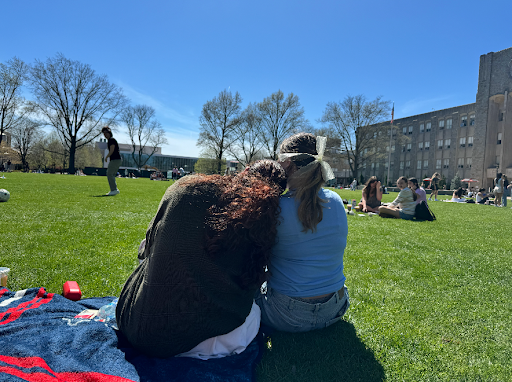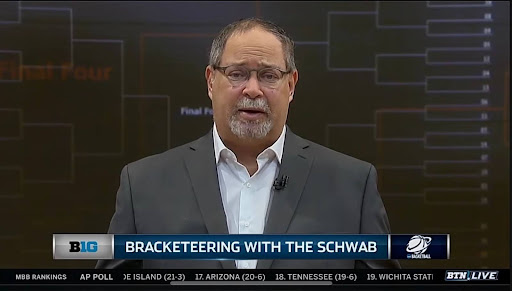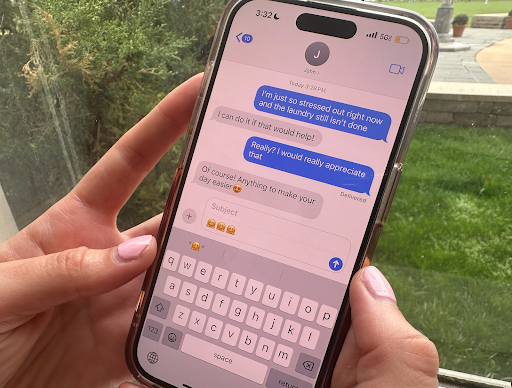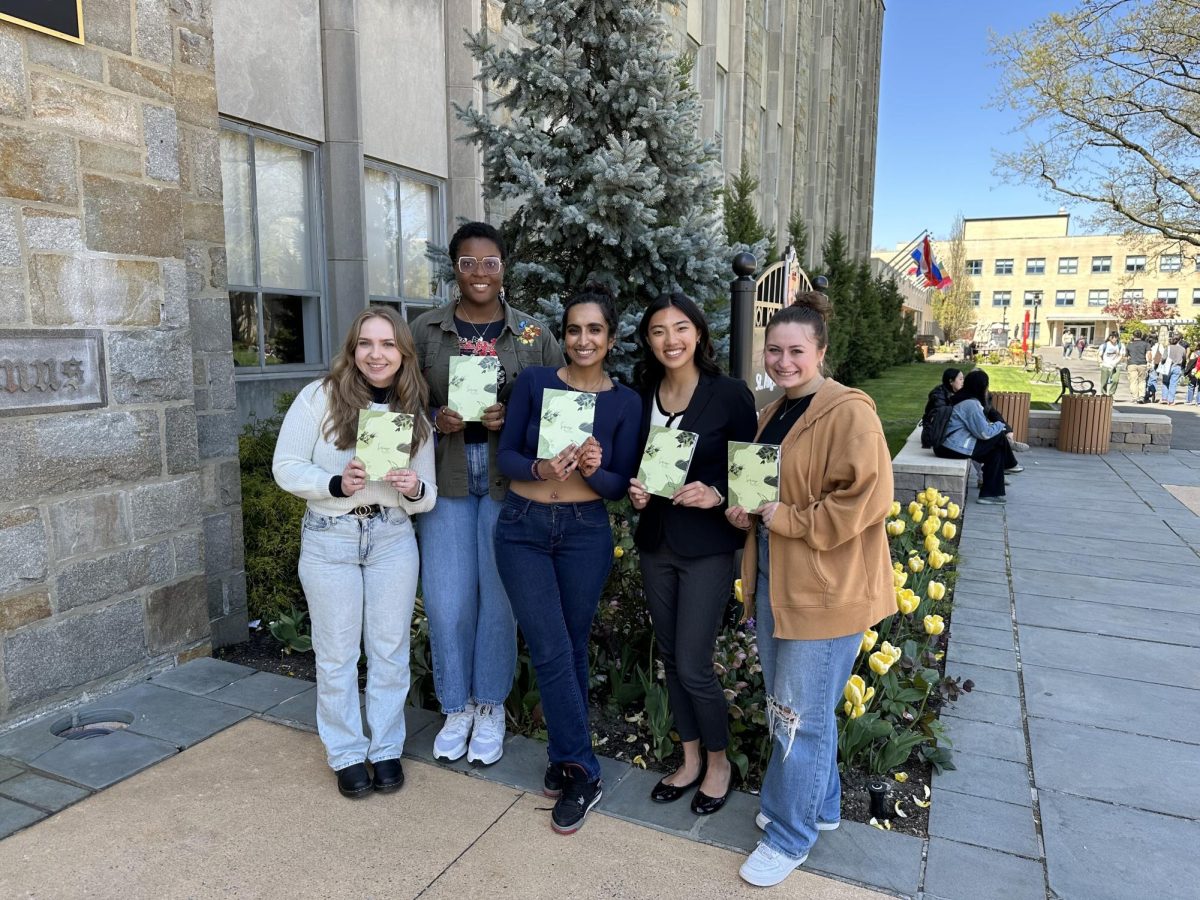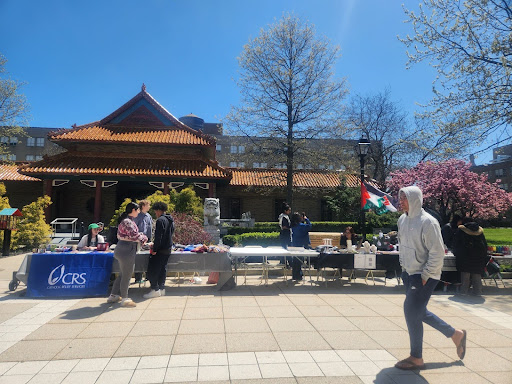As the Senate Judiciary hearings for Judge Samuel Alito ended, the abortion debate, namely the chance that the Supreme Court would be open to overturning Roe v. Wade, will be left up in the air until he dons the robe of a Supreme Court justice and bangs the gavel on a related case. Whether Alito is a conservative ideologue or not, it is highly unlikely that Roe v. Wade would be overturned, especially with 33 years of precedence.
The true nature of the debate and Alito’s involvement is not a question of his opinion, but rather if it is even possible to overturn a landmark case with out creating waves that would affect various aspects of the legal system, including other rulings that depended on Roe as settled law.
Roe v. Wade was originally an argument debating whether the U.S. Constitution contained a right to privacy. Many argue that the ruling was a radical interpretation of the Fourth Ammendment and ignored efforts to preserve new human life.
The outcome of the case was used as the basis of many other cases such as Planned Parenthood v. Casey and redefined numerous legal terms and legislation, and became a standard in questioning subsequent Supreme Court nominees, such as Alito.
Many against Alito’s nomination argue that his stance on the Roe v. Wade decision is quite clear citing his proverbial “paper trail” of past rulings and application statments. Regardless of his track record, what matters is how open he will approach future cases which have close relations to Roe v. Wade.
Obviously Alito has a bias, as is the case with anyone- judge or not. However, a judge must possess the ability to overcome such a bias out of obligation to the law which they are sworn in to uphold. Judges are not always perfect in their pursuit of objectivity, but they better be close.
Certainly, the ruling has been molded over the years to fit the needs of today’s society and values. Pregnancy term limits and age restrictions have been introduced among other variable conditions in certain areas of the country. Perhaps the power should lie in the state-wide elections instead of federal law.
If Roe v. Wade is ever overturned by the Supreme Court, the laws pertaining to that ruling would further rely on the states, giving the power back to the citizens to decide for themselves whether or not to continue to uphold laws tailored to Roe v. Wade, allowing for a more democratic approach to a widely argued national issue.
If an individual state chooses to place as many restrictions as the ruling allows, then so be it. Overturning an entire decision outright, one that has been standing for more than 30 years, would be a lengthy, bitter and unmerciful, process of the reassessing of an extensive legal and heated national debate.



